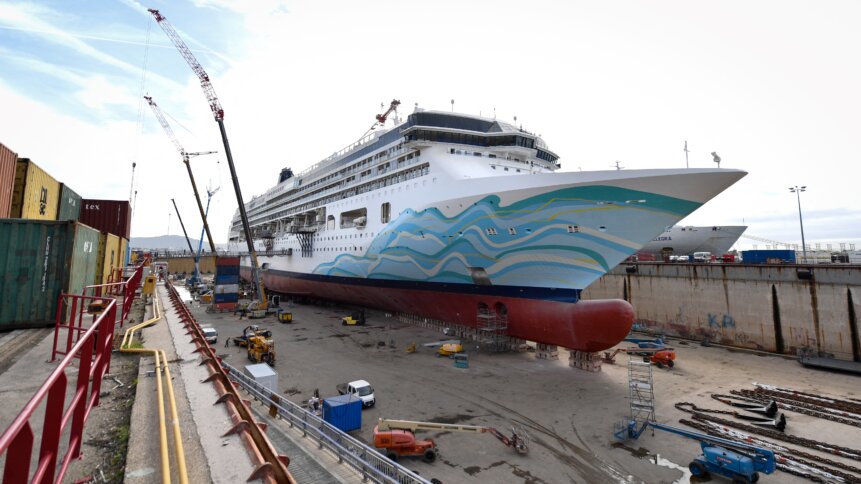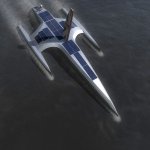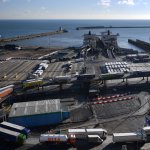
Countries worldwide shut their borders when the COVID-19 was declared a pandemic in early 2020, limiting travel and transportation in bids to “flatten the curve.” The outbreak caused disruptions in international trade and supply chain operations, hampering the logistics and transportation industries, from air and freight to sea.
Modes of travel like ride-hailing companies Uber and Lyft were already enduring losses even before the pandemic. For example, Uber lost US$1.1 billion in 2020, causing the company to intensify its efforts on food delivery and micro-mobility. In 2020, global passenger demand in air traffic fell by almost 66%, while international air freight traffic fell by around 10%.
Equally as important as land and air travel, maritime safety transport is vital in maintaining trade and development. The United Nations Conference on Trade and Development (UNCTAD) projected an annual average growth rate of 3.4% for the industry between 2019 to 2024.
Unfortunately accidents at sea are not uncommon, and several studies cite human error as the leading cause of marine accidents. According to an Allianz study, human error is responsible for between 75% and 96% of marine casualties.
As with practically any field, advanced technologies have proven capable of slashing accidents by using machine learning, artificial intelligence (AI), big data, augmented reality, and cloud computing. Maritime safety has benefited as a consequence of automation aboard watercraft, to such an extent that the global autonomous ships market could grow to US$14.3 billion by 2030.

Are ‘crew-less’ ships looming closer? Source: Shutterstock
Autonomous vessels leading the way in maritime safety
Rolls-Royce and Kongsberg Maritime are playing significant roles in realizing autonomous, self-piloting ships in Europe. The two initiatives towards this development are Maritime Unmanned Navigation through Intelligence in Network (MUNIN) and Waterborne Applications Initiative (AAWA).
In 2018, Rolls-Royce and Finnish state-owned ferry operator Finferries collaborated on a new research project called Safer Vessel with Autonomous Navigation (SVAN). Rolls-Royce then teamed up with Intel to boost its AI capabilities for an intelligent shipping system that same year. This resulted in the successful demonstration of the world’s first fully autonomous ferry in the archipelago south of Turku, Finland.
Rolls-Royce and Sea Machines Robotics recently announced a new collaboration that will deliver comprehensive remote command, autonomous control, and intelligent crew support systems to the marine market and complement Rolls-Royce’s mtu NautIQ marine automation portfolio. Last year, Kongsberg Maritime in close collaboration with shipping company Bastø Fosen and the Norwegian Maritime Authority (NMA), announced the world’s first adaptive ferry transit.
Development of autonomous ships in Japan
In Japan, the Nippon Foundation supports the development of autonomous ships with the aim of seeing crewless ships make up 50% of Japan’s local fleet by 2040. In February 2022, a group including Japan’s largest shipping company, Nippon Yusen, plans to have a container ship pilot from Tokyo Bay to Ise, a coastal city in central Mie prefecture. The 236-mile voyage will be the world’s first test of an autonomous ship in an area with heavy marine traffic, according to Nippon Yusen.
“With the issue of Japan’s shrinking workforce in mind, there’s a growing need for these technologies to uphold safety,” Satoru Kuwahara, a general manager at Nippon Yusen subsidiary Japan Marine Science Inc.
A number of technology startups worldwide have been quietly working on building autonomous vessels and hardware such as Orca AI who is is building an intuitive, AI-based collision avoidance system Another company to look out for is Ladar which builds light-based sensor technology that will allow autonomous vessels to function. With advancements in technology and emphasis on the safety of crew and passengers, work on autonomous vessels is definitely gaining momentum and it will be the way forward in the maritime industry.










